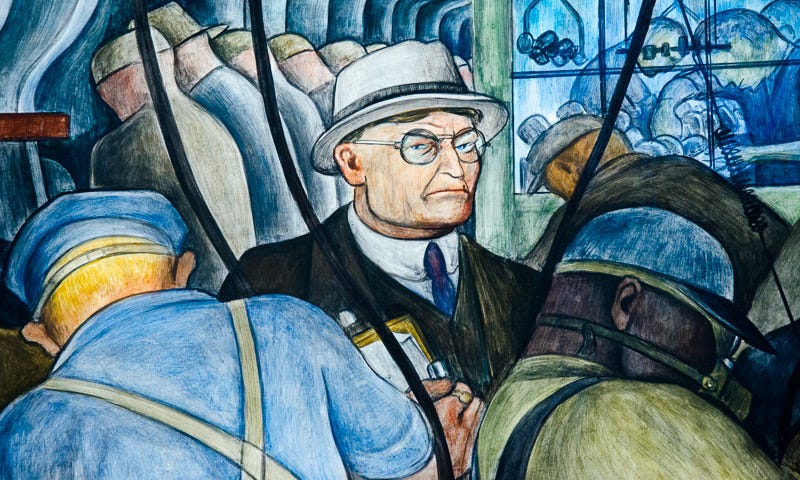Spirituality and politics are like Romeo and Juliet: their families want to keep them apart but actually they belong together. These two primary drivers of change – one internal and one external – form a powerful unit when working side by side. While many spiritual seekers underestimate the importance of political change, many political activists underestimate the value of spiritual change. Understanding where each one nourishes the other is a powerful contribution to our efforts to repair the world.
Just as I hope my more “political” readers will not pass over posts about meditation and forgiveness, I hope my more “spiritual” readers will not pass over posts about politics and economics. A deeper understanding of all of the above will empower us to make the world a better place.
Our first TRANSFORM podcast is called Transforming Capitalism. We must always remember that an economy is here to serve the people; people are not here to serve an economy. Yet modern capitalism has become an unregulated, hegemonic behemoth that functions in a way which damages the lives of many millions of people as well as the planet itself. The horrors of extreme climate change, the tragedy of Afghanistan, and extreme wealth inequality share a common denominator: the destructive force of economic principles when given precedence over humanitarian values.
If our democracy worked - if government did its job to balance individual liberty with care for the common good - then we would be okay. But we are not okay, for America’s democracy defers to capitalism and not the other way around. Underlying our political system today is an unholy alliance between the leaders of government and the captains of industry. Our government has become little more than a system of legalized bribery, as our elected officials in far too many cases are mere handmaidens to their corporate donors. People on both Left and Right are aware that the system has been rigged at their expense, and there is an increasing yearning among millions of Americans to rise up and do something about it.
America cannot transform until we’re willing to recognize the destructive influence that an unfair economic system has had upon our democracy, our people and our future. Over the last forty years, economic opportunity – real, meaningful and vibrant economic opportunity – has belonged to an ever-shrinking group of Americans. This has left tens of millions of our fellow citizens scrambling to even survive, much less actualize their full human and economic potential. From an inability to access higher education; to lack of health care; to an unfairly low minimum wage; to the crippling burden of college loan debt, far too many are left unable to achieve pinnacles of creativity and productivity that would otherwise be within their grasp.
None of that will transform until we’re willing to look honestly at the injustices built into our economy, and for that we must look more deeply at capitalism itself.
Transforming Capitalism is filled with the powerful voices of some of the best economic thinkers in America: Stephanie Kelton, Richard Wolff, Matt Stoller, Peter Joseph and more (their individual interviews will be posted next week).
In order to transform any system, we must look honestly at what is occurring now, and articulate clearly how we would like it to evolve. In Part 1 of Transforming Capitalism we take a brutally honest look at what is, and in Part 2 we look ahead to what’s possible. When humanitarian values form the organizing principle for our economy – for our democracy, our people and our planet – America will transform.





The idea of capitalism is a good one but in practice it's not working for the majority. .
Definitely need change.
Thank you for the podcast, providing an easy-to-digest understanding of how we got to where we are, and in particular for highlighting how Bill Clinton, Barack Obama, and their party branded themselves pro-people while being pro-mega-corporate. The relationship between between the rise of a neofascist danger and a population made economically insecure and politically unrepresented is critical to understand in this moment, and you break it down beautifully as well.
The only thing I'd like to have seen brought out more clearly was that the reforms of the first half of the 20th Century were the result of powerful, militant popular movements, especially organized labor, and often led by communists and socialists--those most clear on what unfettered capitalism leads to.
But this is a great start! Sharing, and looking forward to hearing more. Thanks, Marianne. 👏🏼